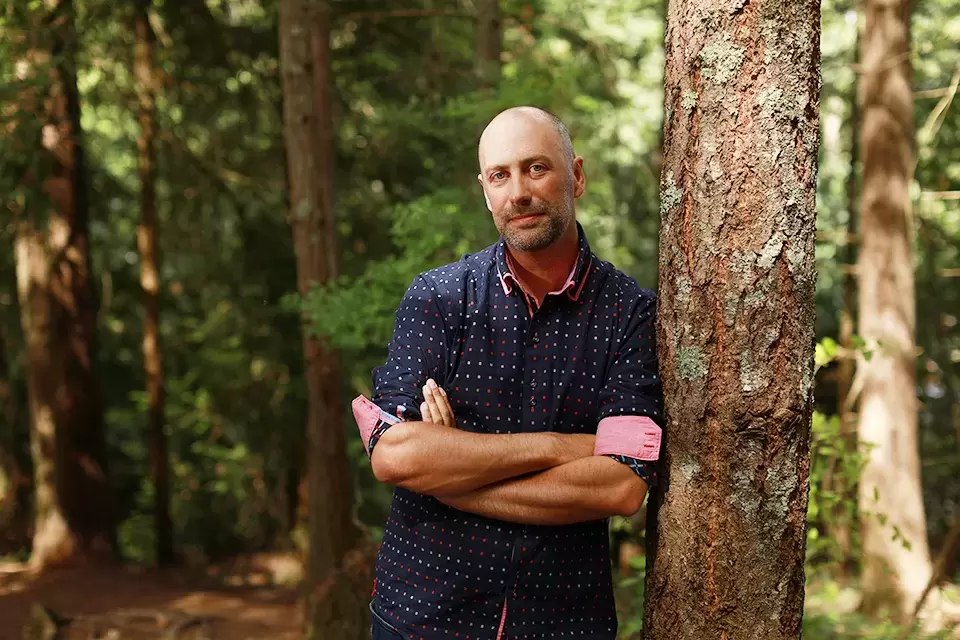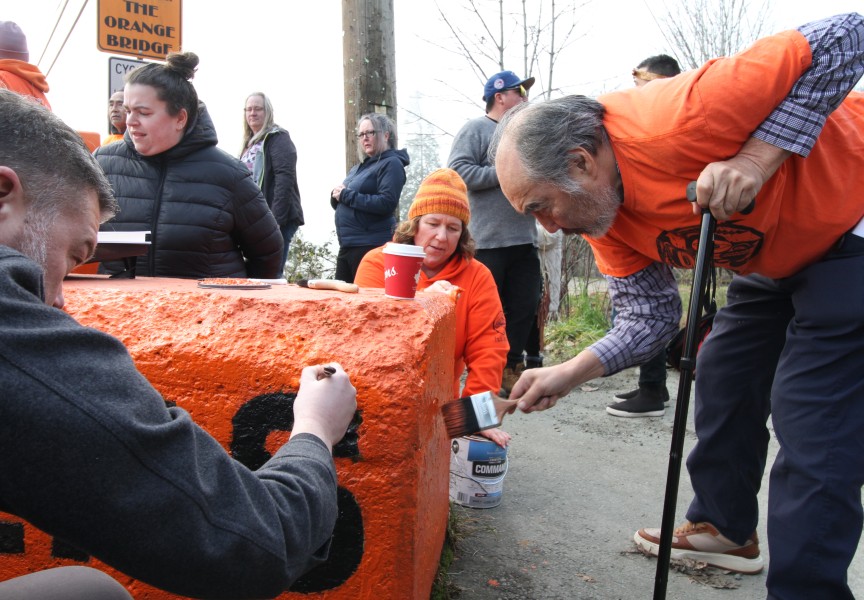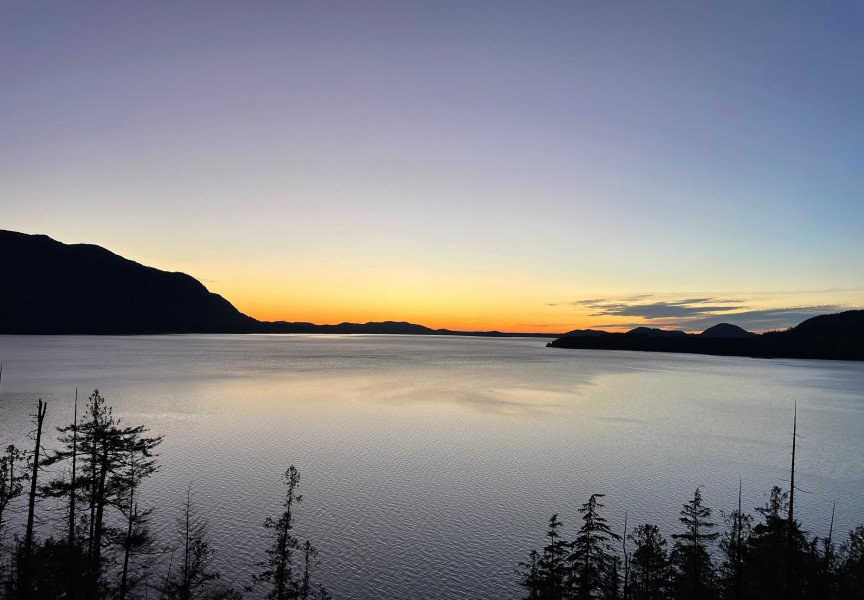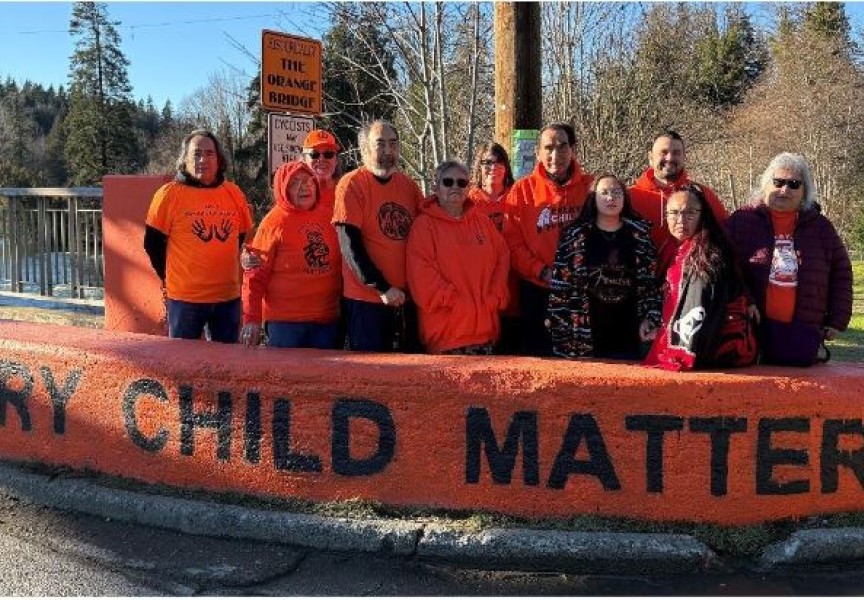Described as a “new podcast about memory, power and the journey to find truth,” Taapwaywin: Talking about what we know and what we believe is the latest project from the University of Victoria Libraries. Hosted by associate university librarian Ry Moran, the podcast aims to speak with elders, knowledge keepers, and others from both Indigenous and non-Indigenous communities to tell stories and highlight the experiences of Aboriginal people.
Truth has been a focus for Moran for many years now, spending time as director of statement gathering for the Truth and Reconciliation Commission and director of the National Centre for Truth and Reconciliation.
“I've talked to a lot of people across the country, and I've been asked a lot of questions,” says Moran. “The podcast in many ways is an effort to dig deeper into some of those questions that I've been asked, to provide a bit more substantive response to some of those questions and to try to bring some really important voices forward… that can help them unpack these questions further.”
Seven years have passed since the closure of the Truth and Reconciliation Commission, and Moran says that makes this the right to time to start Taapwaywin.
“We've got to be thinking about what success we've collectively achieved in regards to implementation of the Calls to Action and our increase of knowledge, while also very firmly keeping our eyes focused on the path forward and the journey that lay ahead,” explained Moran.
Moran says that while the lasting impacts of residential schools on Indigenous communities in Canada are numerous, one of the less recognized ones is the silencing of their voices even through to today. Moran believes that his podcast will provide a place for those voices to be taken back.
“We are extricating ourselves from this process of deliberate misinformation and the overt exercise of power onto Indigenous peoples,” he said. “And in telling the stories that need to be told and in giving space to the voices that need to be heard, we are actively combating that process of erasure that Canada is very much founded upon and continues to be largely ignorant of actually.”
The first episode of the podcast discusses that very topic. Moran is joined by Tla-o-qui-aht elder Dr. Barney Williams, Paulette Steeves, Canada’s research chair in healing and reconciliation at Algoma University, University of Victoria’s Vice-President, Indigenous, Dr. Robina Thomas, and Michif elder Norman Fleury.
Moran acknowledges that for some listeners, it may be difficult to listen to the topics discussed in some episodes.
“If you listen to the very first episode, when we talk about some of the findings that were released by the Truth and Reconciliation Commission, including findings of cultural genocide and mass human rights violations and failures those are realities, they are painful to confront and they are also important truths that need to be acknowledged, and in many ways represent a starting point in the conversation,” Moran said. “There's many other starting points of this conversation, but they represent a starting point.”
He also encourages listeners to take care when listening, and to engage with the content in a way that minimizes harm.
Left out of the subtitle for the show, talking about what we know and what we believe, is a third part which Moran believes to be just as important as the other two.
“The podcast, I think, is very much grounded within a search, an exploration of the questions, not the answers,” said Moran. “We don't have all the answers, that's for sure. But the questions are really important and it's really important that we're asking these questions.”
The series is available on major podcast platforms and on the website Taapwaywin.ca.







